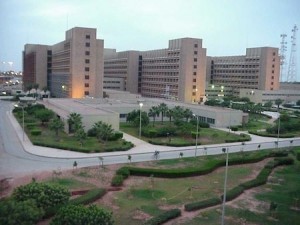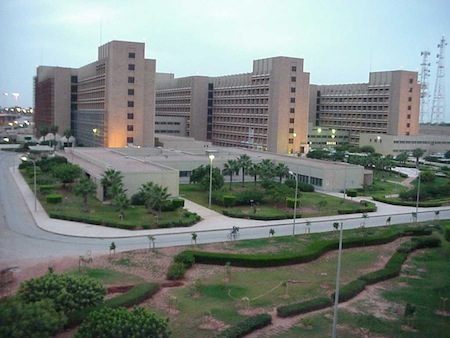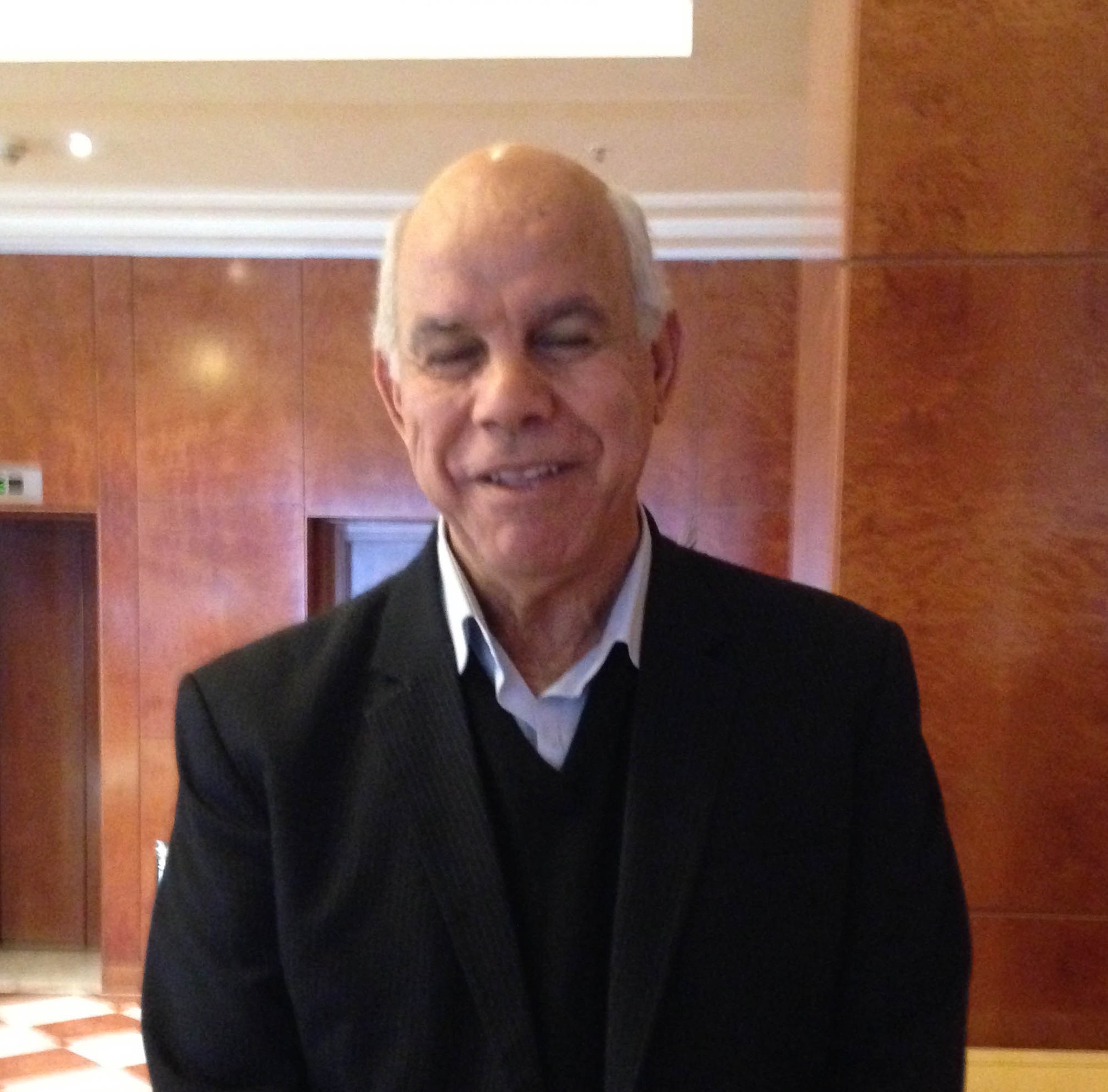By Adam Ali.

Benghazi, 12 February 2015:
The Benghazi Medical Centre (BMC) administration is struggling to keep all departments of the hospital running . . .[restrict]efficiently, a committee from the Ministry of Health determined after an inspection at the facility on Wednesday.
Not only is BMC running dangerously low on medical supplies, it is lacking in health care professionals because many who were employed there have fled and are now working at hospitals and clinics outside the city, the committee found.
Furthermore, according to Dr Mohamed Naji, General Director of Medical Affairs at Hawari Hospital, though BMC has gained between 40-50 doctors and nurses from Hawari, the BMC’s administration has failed to integrate the new employees into its work force.
“The heads of the departments at BMC must coordinate to distribute work hours evenly between those officially employed at BMC and those coming from other hospitals,” Naji stressed.
BMC is also facing a bed shortage, as foreign workers with no permanent residences are being housed inside the hospital, Naji continued.
Jalaa Hospital and Benghazi Medical Centre (BMC) are currently the only two fully operational hospitals in Benghazi, now that Jumhouriya Hospital, in the middle of the embattled Sabri district, has been forced to close.
To help alleviate the problems, the UN relief agency UNHCR has just sent prepacked medicines and medical supplies to the BMC to treat some 20,000 people for three months. The aid, which according to a UNHCR statement, was sent from Tripoli on Monday and arrived on Tuesday, should enable the hospital to treat patients with chronic medical illness such as diabetes, cardiovascular disease and epilepsy. The arrival of medical supplies will enable doctors to perform basic surgery.
The much-needed support will not, however, with the staffing and other problems.
In an appeal, UNHCR said that responding to the humanitarian need in Benghazi was “very challenging” because access has been severely restricted as a result of the clashes and the general insecurity there.
“More aid is urgently needed in Benghazi, including food, mattresses, blankets and other non-food items”, the UNHCR said, calling on all parties to respect a ceasefire “and allow humanitarian agencies unhindered access to people living in dangerous and hard to access areas so that they can provide life-saving assistance”. [/restrict]









